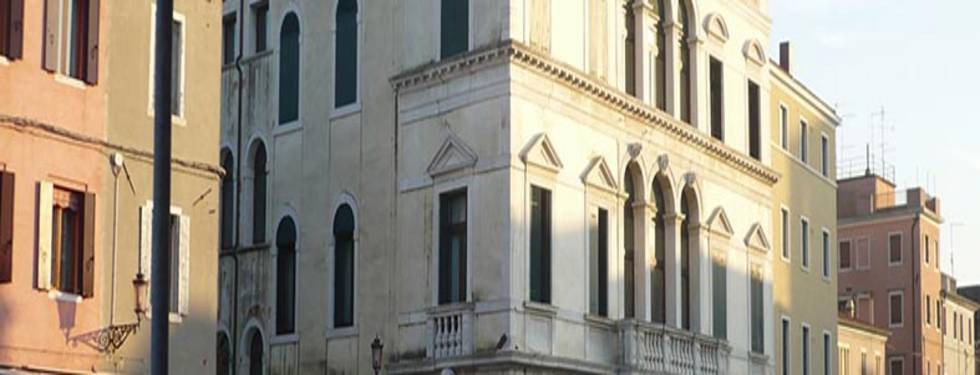Courses

The Master Degree in Marine Biology is an international study course preparing students for professional careers in the field of Marine Biology, with a focus on the conservation and sustainable management of marine resources and ecosystems, and on aquaculture and seafood security. Starting this year, the course has an entirely new international organization with all courses in English, to provide cutting-edge training for Italian and foreign students to successfully operate in the international context of marine biology research. The course lasts two years, includes 16 exams and confers 120 university training credits (CFU).
In this new international degree, courses have been redesigned, with the aim of promoting interdisciplinarity, and covering topical topics in line with the European Marine Strategy and the United Nations Sustainable Development Goals. Special emphasis is placed on multidisciplinarity and problem-based learning, including a range of practical activities in the field and in the laboratory. The teaching and research facilities include the Hydrobiological Station Umberto D’Ancona, one of the oldest marine stations for education and research in Italy, the historical Palazzo Grassi, hosting teaching rooms and labs, and the Museum of Adriatic Zoology “Giuseppe Olivi”. The field station will provide students direct access to place-based experimental research, training and engagement in a variety of fields, offering the unique chance to apply the information they have learned in classrooms and books to the real world. The students will be involved in the numerous ongoing national and international projects, interacting with the world of research and local stakeholders.
The course is held in the unique environment and cultural setting of Venice Lagoon. This allows the student to experiment directly with the different aquatic environments, from estuaries and lagoon environments to the open sea, to explore the complexity of a socio-ecological landscape in continuous transformation, and to engage in different activities related to the sea, from fishery to aquaculture, from tourism to coastal urbanization, from conservation to managing responses to ocean change.





